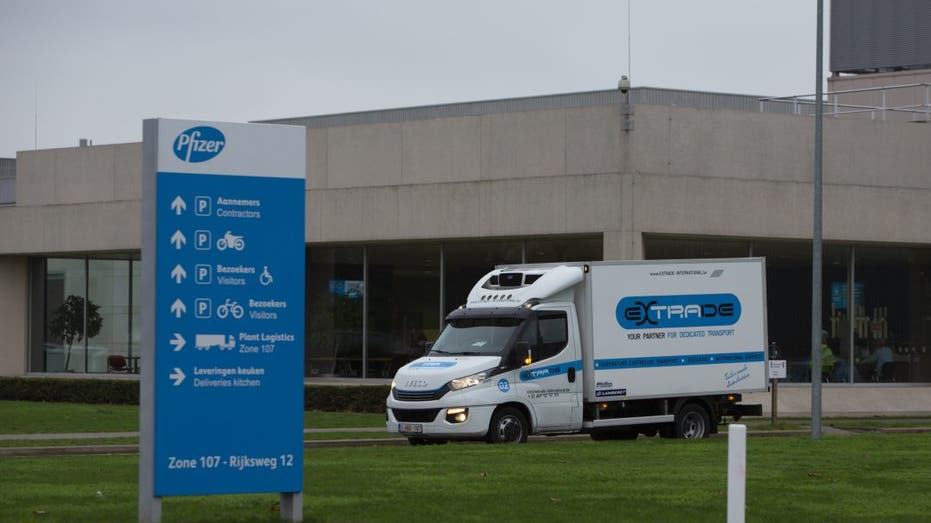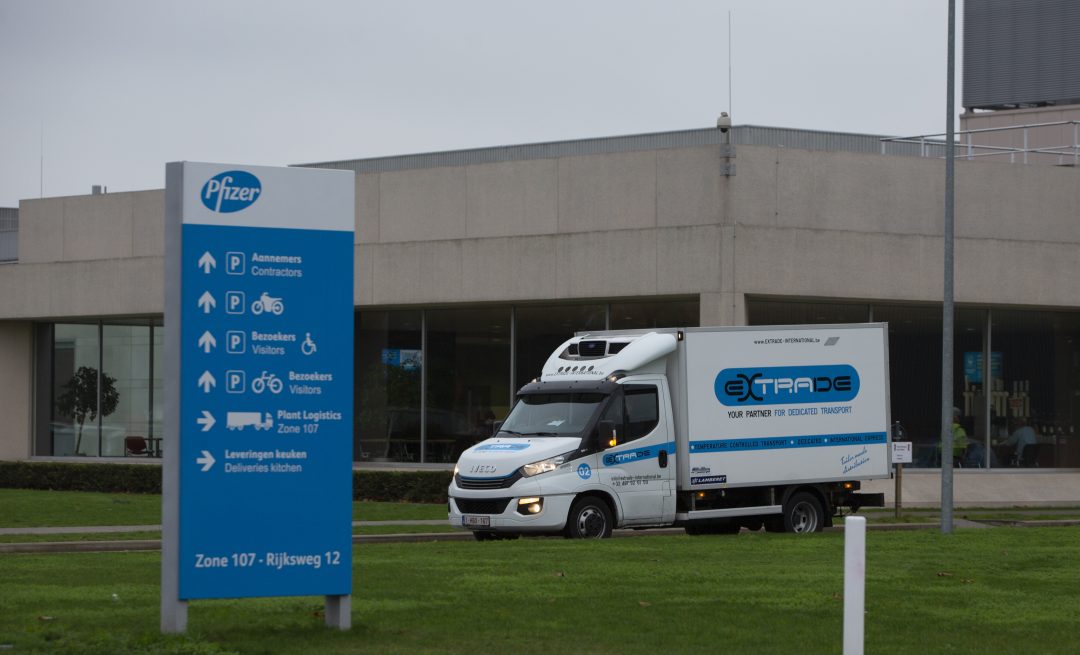IBM discovers COVID-19 global espionage campaign
Researchers say global phishing campaign was aimed at organizations associated with the COVID-19 cold chain
As the world awaits approval of one, or perhaps multiple vaccines for COVID-19, cybersecurity researchers at IBM say they have uncovered a global campaign to collect information on distributing the vaccine to developing countries.
| Ticker | Security | Last | Change | Change % |
|---|---|---|---|---|
| IBM | INTERNATIONAL BUSINESS MACHINES CORP. | 298.93 | +9.04 | +3.12% |
| PFE | PFIZER INC. | 27.22 | +0.73 | +2.76% |
| BNTX | BIONTECH SE | 106.62 | +1.08 | +1.02% |
| MRNA | MODERNA INC. | 41.01 | +0.14 | +0.34% |
In a blog post on Thursday, the researchers at the tech company said the global phishing campaign was aimed at organizations associated with the COVID-19 cold chain, used to make sure the vaccines are safely preserved in temperature-controlled environments during storage and transportation.
The researchers noted the phishing campaign started in September, spanning six countries -- including Germany, Italy and South Korea -- and targeted organizations that are associated with Gavi, The Vaccine Alliance’s Cold Chain Equipment Optimization Platform (CCEOP) program.

A refrigerated truck drives out of the Pfizer Manufacturing plant in Puurs, Belgium, on Thursday, Dec. 3, 2020. British officials on Wednesday authorized a COVID-19 vaccine for emergency use, greenlighting the world's first shot against the virus tha
CORONAVIRUS VACCINES SHOULD BE WIDELY AVAILABLE IN US BY SPRING 2021: AZAR
"While firm attribution could not be established for this campaign, the precision targeting of executives and key global organizations hold the potential hallmarks of nation-state tradecraft," the researchers wrote in the post.
The campaign’s targets are likely associated with the development of the “cold chain” needed to ensure coronavirus vaccines get the nonstop sterile refrigeration they need to be effective for the nearly 3 billion people who live where temperature-controlled storage is insufficient, IBM said.
“Think of it as the bloodline that will be supplying the most vital vaccines globally," the study's lead researcher, Claire Zaboeva, told the Associated Press.
The vaccine developed by Pfizer and its German partner, BioNTech, requires cold storage, as it must be stored and shipped at ultra-cold temperatures of around minus 70 degrees Celsius (minus 94 degrees Fahrenheit).
On Wednesday, the U.K. became the first country in the world to approve a rigorously tested COVID-19 vaccine, approving the Pfizer-BioNTech vaccine.
The Pfizer-BioNTech vaccine, as well as the vaccine created by Moderna, are both being studied by the FDA for emergency use approval, widely expected to come later this month.
Another potential vaccine, created by British pharmaceutical firm AstraZeneca and Oxford University, is also being studied.
CLICK HERE TO READ MORE ON FOX BUSINESS
It's unclear what the motivation behind the attack is, but it could be to understand how they are shipped and stored, in an effort ot copy it, or undermine the legitimacy of the vaccine, Nick Rossmann, the IBM team’s global threat intelligence lead, told the AP.
Presidents Obama, Bush and Clinton have said in recent days they would take the vaccine to put their faith in it.
Whatever their motive, the hackers wanted to gain "advanced insight into the purchase and movement of a vaccine that can impact life and the global economy is likely a high-value and high-priority nation-state target," the IBM researchers added.
GET FOX BUSINESS ON THE GO BY CLICKING HERE
The Associated Press contributed to this story.




















